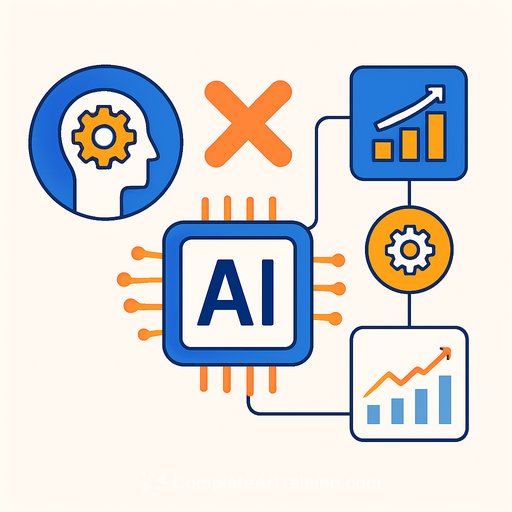Nucleus Security at Black Hat USA 2025: From AI Hype to Risk-Informed Action
Black Hat USA 2025 marked a clear shift in cybersecurity discussions—moving away from AI buzzwords toward tangible risk reduction. Tamir Hardof, Chief Marketing Officer at Nucleus Security, shared insights on the event’s main themes and practical takeaways.
From Noise to Risk-Informed Action
This year’s conference highlighted a strong industry demand for actionable intelligence. “Teams want a unified view across scanners, assets, and threat intelligence, with consistent, explainable risk models,” explained Hardof. AI is transitioning from a novelty to an essential operational tool, powering automations that enrich findings, suggest fixes, and assign tasks.
These AI-driven processes are governed carefully, with controls like data lineage, role-based access, and audit trails to ensure security and transparency. Attendees also explored frameworks such as retrieval-augmented workflows combined with tool execution, and integration standards like the Model Context Protocol (MCP). These help securely connect AI models into enterprise systems. The clear message: less talk about AI hype, more focus on reducing risk with humans firmly involved.
Show Floor Highlights
On the exhibition floor, demonstrations focused on turning long vulnerability lists into prioritized, actionable workflows. Vendors showed how vulnerabilities can be grouped by exploitability, ownership, and change windows, then pushed into ticketing systems with SLA tracking.
Sessions emphasized Exposure Management by uniting posture misconfigurations, identity weaknesses, and code flaws into a single risk picture. AI orchestration was a hot topic, covering MCP, function calling, and policy engines—all with human approval checkpoints and full audit trails. Case studies demonstrated results like faster mean time to remediation (MTTR), clearer prioritization, and better executive reporting across hybrid and cloud environments.
Takeaways for Security Leaders
Hardof pointed out that the industry is moving beyond isolated tools. “Full-program orchestration is the future. Security leaders want platforms that scale, integrate deeply, and support enterprise-wide workflows,” he said. For Nucleus Security, this means integrations with over 160 tools, covering critical vulnerability, exposure, and configuration data.
“AI is no longer optional,” Hardof added. “Organizations want more than just AI buzzwords. With our MCP Server integration and AI-powered features, we showed how to bring AI into workflows securely and contextually using enterprise data.”
As Black Hat 2025 wrapped up, one thing was clear: cybersecurity is entering an era where AI must produce measurable, risk-informed results—not just hype.
Your membership also unlocks:






